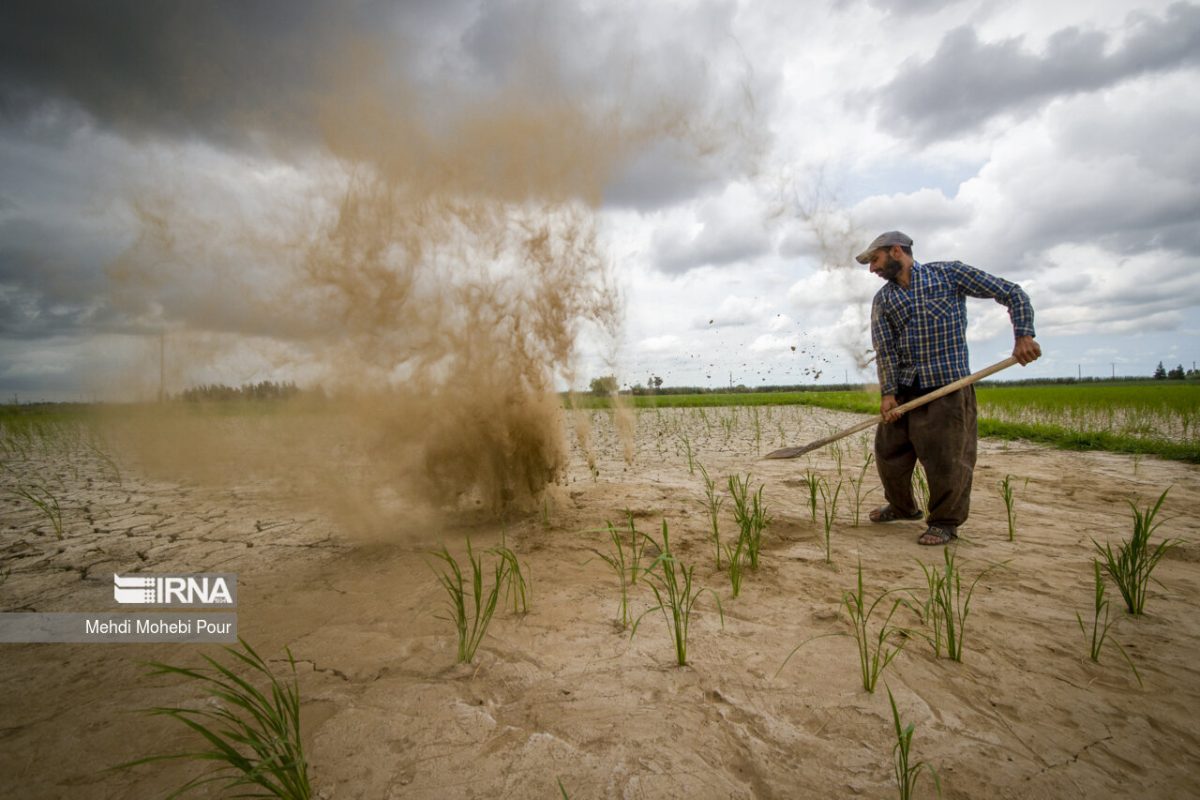The United Arab Emirates; Saudi Arabia; Israel; Egypt; Yemen; Iran; Jordan; Tunisia; Iraq; India; Syria; Morocco; Eritrea; and Algeria are among the top 30 countries with high water stress.
“Our data shows that 25 countries are currently exposed to extremely high water stress annually, meaning they use over 80 percent of their renewable water supply for irrigation, livestock, industry, and domestic needs,” the report says.
“Even a short-term drought puts these places in danger of running out of water and sometimes prompts governments to shut off the taps,” it adds
Turkey has the 39th highest water stress in the world, the report shows. On Wednesday, residents of Istanbul were asked to reduce their water consumption, as major cities across the country grapple with a drought crisis amid high temperatures.
Istanbul Mayor Ekrem Imamoglu urged the city’s 16 million residents to save “every precious water drop flowing from the tap”.
His call came days after the Istanbul Water and Sewerage Administration (ISKI) published data showing that the city’s dams were only around 33 percent full as of mid-August, the lowest rate in nine years.
ISKI general manager Safak Basa launched a water-saving campaign last week to offset the “catastrophic drought” they are experiencing.
“We are going through a very drought period. While making all these investments, we are experiencing a catastrophic drought in which temperature records were indeed broken,” he was quoted by local news agencies.
According to the World Resources Institute’s Aqueduct Water Risk Atlas, which was published on Wednesday, by 2050, an additional 1 billion people are expected to live with extremely high water stress.
The report projects that global water demand will increase by 20 to 25 percent by 2050, while the number of watersheds facing high year-to-year variability, or less predictable water supplies, is expected to increase by 19 percent.
This means that in the Middle East and North Africa, 100 percent of the population will live with extremely high water stress by 2050.
“That’s a problem not just for consumers and water-reliant industries, but for political stability. In Iran, for example, decades of poor water management and unsustainable water use for agriculture are already causing protests – tensions that will only intensify as water stress worsens,” the report says.
The report notes that water scarcity in these nations is primarily attributed to limited supply, coupled with the needs of household, agricultural, and industrial sectors.
Water scarcity can result in disruptions to industries, energy blackouts, and declines in agricultural yield, the report notes.
This has been evident in India, where from 2017 to 2021, inadequate water for cooling thermal power plants led to a loss of 8.2 terawatt-hours of energy. This amount of energy could have powered 1.5 million Indian homes for half a decade.
According to the report, global food stability is in jeopardy. Currently, 60 percent of the world’s irrigated crops experience severe water strain, especially staple crops like sugarcane, wheat, rice, and maize.
However, to nourish an anticipated 10 billion individuals by 2050, the globe will have to generate 56 percent more food calories than in 2010, an obstacle intensified by rising water constraints and climate-induced disasters like droughts and floods.
To improve water management and reduce water stress, the World Resources Institute says countries can enhance their water management policies, promote water conservation in farming, implement comprehensive water resource strategies, and bolster water infrastructure using eco-friendly methods and green infrastructure.
International financial institutions and other creditors should contemplate initiating strategic debt alleviation initiatives, such as debt-for-nature exchanges, or forgiving debt in exchange for a pledge to fund biodiversity or robust infrastructure, the report says.
Additionally, water-prudent energy sources should be prioritised and cities should develop urban water resilience action plans. Farmers should switch to water-efficient crops or use methods like sprinkler or drip irrigation versus flooding fields.
